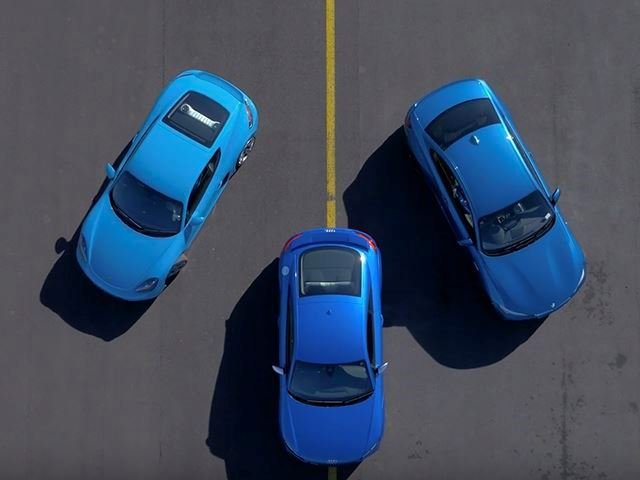Three German Super Coupes Show Us Why The 0-210 km/h Test Is Better

The thing about 0-100 km/h times is that they're flawed. Sure, there are hardly more exhilarating ways to us a patch of empty road than to open the floodgates of a car, almost any car, and seeing what its engine, drivetrain, chassis, and tires can do at full tilt. That still doesn't take away from the fact that 0-100 km/h times are flawed. To put it simply, most automakers can design a car that pulls hard up to the minute-per-mile mark if they want, so why not raise the bar? Heck, a Chrysler Pacifica can do it better than Toyota's sports coupe but which would you pick?
All you need is an ample amount of power, all-wheel drive, traction control, and plenty of grip on the tires to better your odds. The Jeep Grand Cherokee Trackhawk makes 100 km/h happen in 3.5 seconds, coincidentally matching the winner of this German sports car drag race. The real challenge, though, is what happens beyond 100 km/h.
That's around the time that engines begin to lose their breath and gearing becomes tailored for efficiency rather than acceleration. To see which of these three German cars, a BMW M2, Audi TT RS and Porsche 718 Cayman S, is better than the others, it becomes important to test them on a straight runway long enough to hit 193 km/h and brake to a halt afterwards. We won't spoil the winner here, but it's worth mentioning that all of the aforementioned methods of getting to 100 km/h the fastest work favorably as long as the engine is powerful enough.
